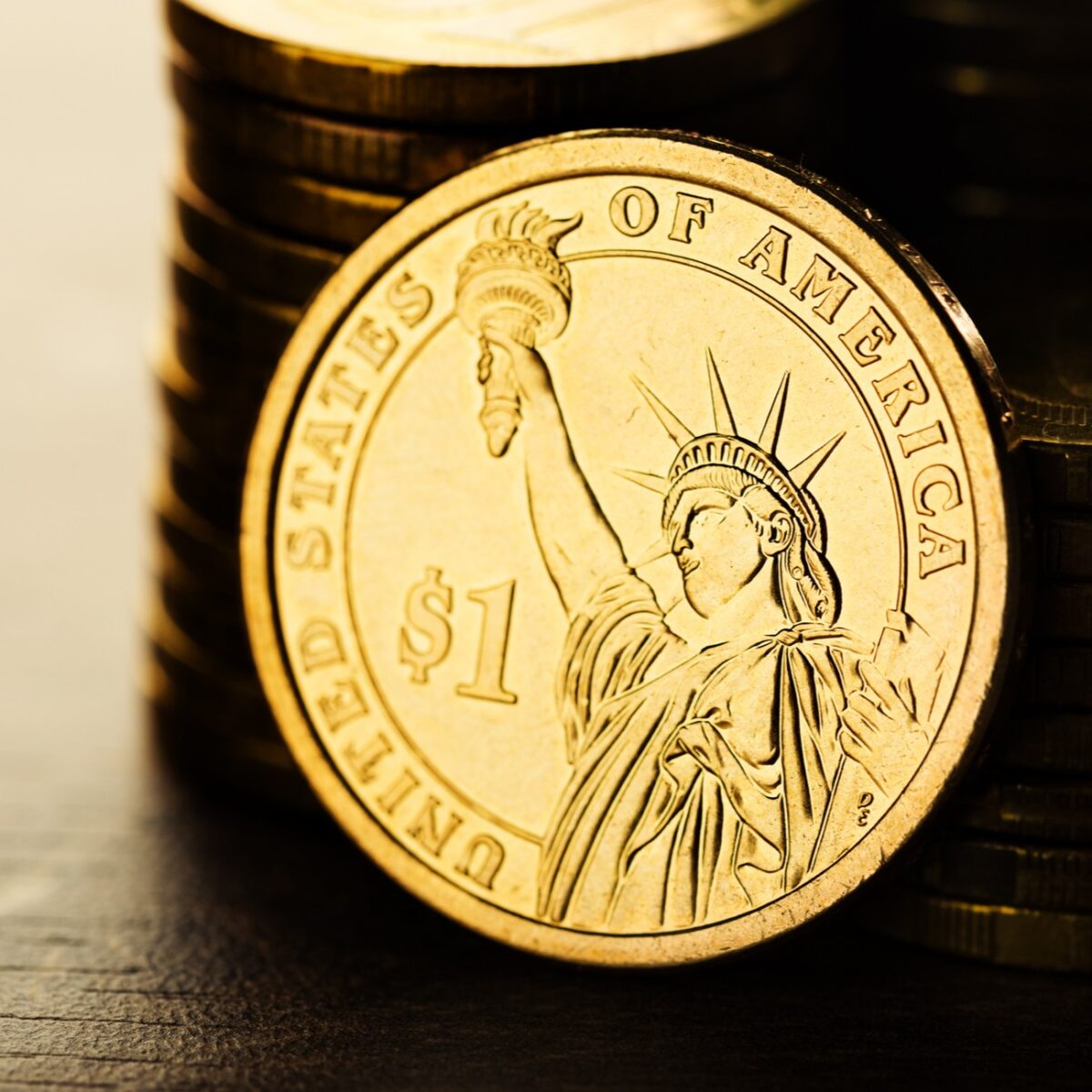PALO ALTO, Calif. (Reuters) - The Federal Reserve is taking a look at a broad range of issues around digital payments and currencies, consisting of policy, design and legal factors to consider around potentially issuing its own digital currency, Guv Lael Brainard said on Wednesday. Brainard's remarks recommend more openness to the possibility of a Fed-issued digital coin than in the past." By transforming payments, digitalization has the possible to provide greater value and convenience at lower cost," Brainard stated at a conference on payments at the Stanford Graduate School of Business.
Main banks globally are disputing how to handle digital finance innovation and the dispersed journal systems utilized by bitcoin, which promises near-instantaneous payment at possibly low cost. The Fed is developing its own day-and-night real-time payments and settlement service and is currently evaluating 200 comment letters sent late last year about the proposed service's design and scope, Brainard said.
Less than two years ago Brainard told a conference in San Francisco that there is "no compelling demonstrated need" for such a coin. But that was before the scope of Facebook's digital currency aspirations were commonly known. Fed authorities, including Brainard, have raised issues about customer defenses and information and privacy risks that could be positioned by a currency that might come into usage by the 3rd of the world's population that have Facebook accounts.
" We are collaborating with other reserve banks as we advance our understanding of reserve bank digital currencies," she said. With more countries looking into issuing their own digital currencies, Brainard stated, that contributes to "a set of reasons to likewise be ensuring that we are that frontier of both research study and policy advancement." In the United States, Brainard stated, problems that need study consist of whether a digital currency would make the payments system safer or easier, and whether it could posture financial stability dangers, including the possibility of bank runs if cash can be turned "with a single swipe" into the reserve bank's digital currency.
To counter the financial damage from America's unmatched national lockdown, the Federal Reserve has taken unmatched actions, consisting of flooding the economy with dollars and investing directly in the economy. The majority of these relocations received grudging approval even from many Fed doubters, as they saw this stimulus as needed and something just the Fed could Click to find out more do.
My brand-new CEI report, "Government-Run Payment Systems Are Unsafe at Any Speed: The Case Versus Fedcoin and FedNow," information the risks of the Fed's present prepare for its FedNow real-time payment system, and proposals for main bank-issued cryptocurrency that have actually been dubbed Fedcoin or the "digital dollar." In my report, I discuss issues about privacy, information security, currency control, and crowding out private-sector competitors and innovation.

Advocates of FedNow and Fedcoin say the government needs to create a system for payments to deposit quickly, instead of motivate such systems in the private sector by lifting regulatory barriers. But as kept in mind in the paper, the economic sector is offering an apparently limitless supply of payment innovations and digital currencies to Click for more info fix the problemto the extent it is a problemof the time gap between when a payment is sent and when it is gotten in a bank account.
And the examples of private-sector innovation in this area are lots of. The Clearing Home, a bank-held cooperative that has actually been routing interbank payments in numerous types for more than 150 years, has been clearing real-time payments considering that 2017. By the end of 2018 it was covering 50 percent of the deposit base in the U.S.